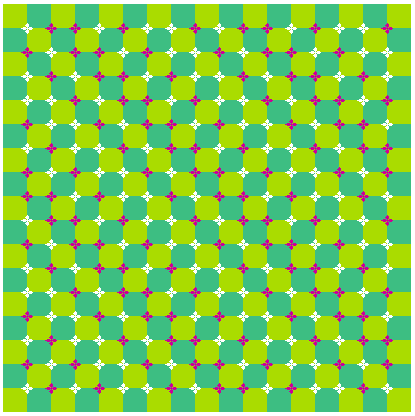How To Be Good At Games
I've moved! This site is no longer being updated. Please head over to www.lookspring.co.uk instead, and update your bookmarks. Thanks.
I'm not very good at Halo. Decent, but not good. Watching really, really good people play always leaves me a bit green and so, while trying to make the whole thing as un-Karate Kid as possible, I always ask them what their secret is. Here's the best answer I've ever had:
Go to where the people are, and kill them.
That, right there, is the only strategy you need to unlock about 80% of your Halo potential, and it holds for pretty much any other game where there are people and killings. It doesn't matter how well you know a level, how often you can snag the best spawn, how sneakily you can tag on a plasma grenade, if you don't have people on your screen, you're not going to get kills.
And then I noticed another thing. Despite the fact that my scores are woeful in comparison, my accuracy is much higher than his - but my shots fired is much lower. It made me realise that because I think I'm not very good at Halo, I make myself worse at it by trying to be better (I guess the Karate Kid thing is unavoidable). I faff around trying to manufacture a competitive advantage by finding a good ambush spot or trekking off for the best weapon. And when I do face off with someone, I'm so determined to try to be a better shot that I shoot far less.
It's all part of a phenomenon which I saw Saurian - a UK gamer with a reputation of general brilliance - sum up very succinctly with respect to God Hand:
I ain't a legend! The only difference with me is this;
Game pwns average gamer on a forum "FUCK THIS GAME!!! It'S SO RUBBISH!!1" *throws game out of the pushchair*
Game pwns Saur "Oh man - I'M so rubbish!!" *obsessively plays to get better*
And that's it, right there. When I play a game and do badly, it pisses me off, so I stop having fun, start getting crampy and end up playing it less. When the people I think of as seriously good at games do badly - they settle in, and enjoy the process of taming it. Which means, horribly, that Peter Moore was right: there is a zen of gaming, and Bungie are my bodhisattvas.





